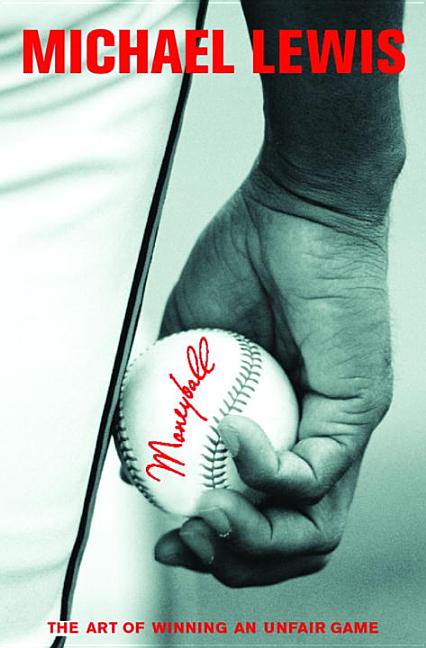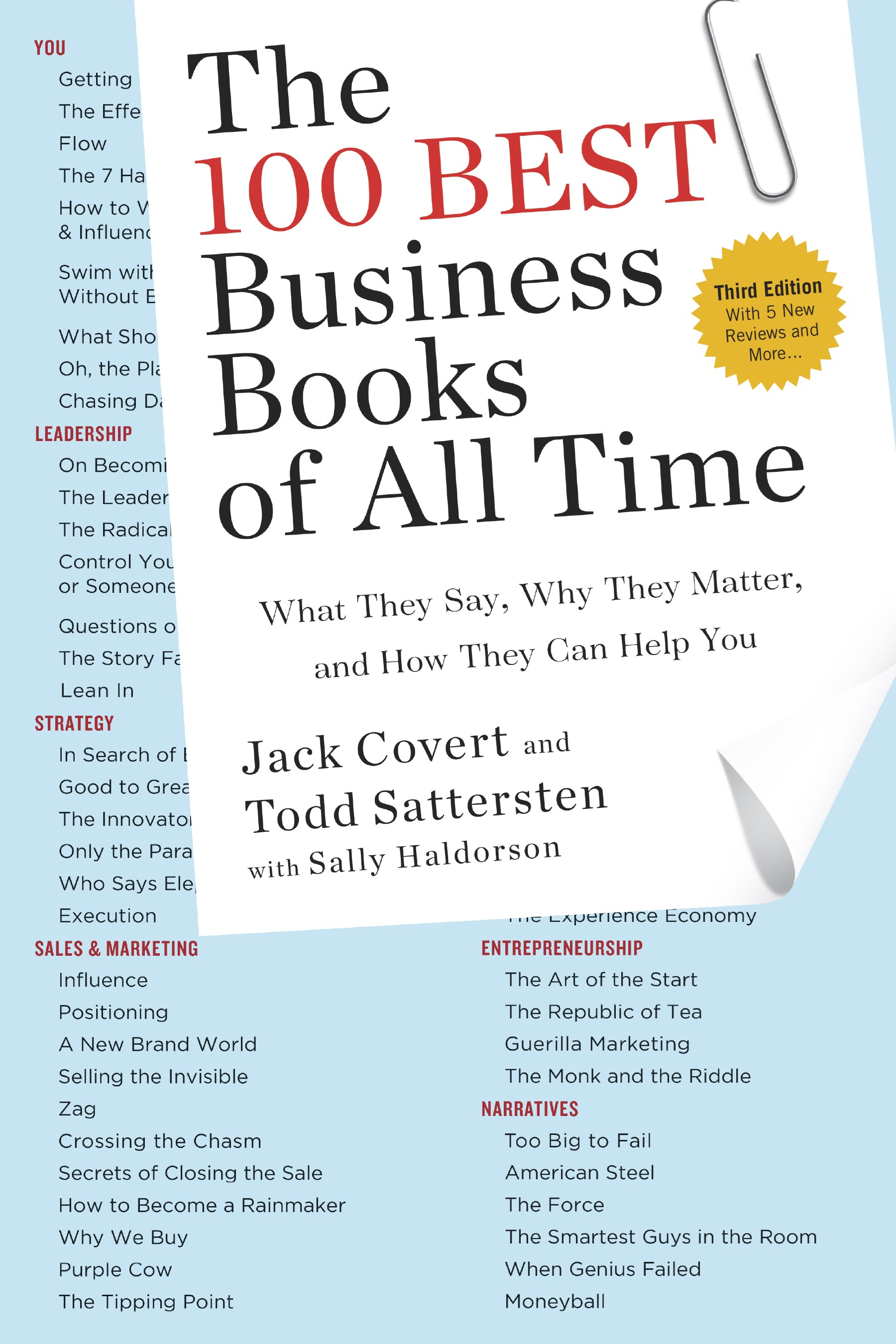Moneyball Author Michael Lewis in Vanity Fair
June 19, 2008
If you are a baseball fan, or even just a fan of great writing, I highly recommend you check out Michael Lewis's recent article for Vanity Fair about sports agent Gus Dominguez, who has been convicted (wrongly, Lewis believes) of smuggling Cuban baseball players to the United States. In it, he follows the story back to Cuba and paints a fascinating portrait of baseball there. Peter Gammons recently stated on Baseball Tonight that the most exciting baseball experience of his life was watching a game in Havana, and you can almost taste that kind of excitement in this piece by Lewis.
Other than the incomparable Bill James, Lewis may be the man most responsible for popularizing the sabermetric approach to analyzing baseball. His seminal book Moneyball, in which he profiled the work of Billy Beane--GM of the Oakland Athletics--led many baseball fans to a better appreciation of just how valuable walks and On Base Percentage are. Joe Posnanski, of the Kansas City Star and author of The Soul of Baseball, described that phenomenon recently on his blog.
One of the reasons the book Moneyball was such a success, I think, is that it gave us a fascinating glimpse at how the magic trick worked. Yes, there was a lot of stuff in there about the draft, a lot of stuff about finding pitchers who throw funny, a lot of stuff about not selling jeans. But it seems to me the epiphany was that the Oakland A's just walked a whole helluva lot. [...] They walked and walked and freaking walked, And those walks turned a fat, limited, defensively challenged, John Jaha, Matt Stairs, Giambi Brothers bunch into a good enough offensive team to back up the Big 3 pitchers and win 87, 91 and 102 games.Although you'll find it in the Sports and Recreation section of your local bookstore, Moneyball will be one of the books featured in Jack and Todd's 100 Best Business Books of All Time (which now has an ISBN and amazon page!) because it is essentially about managing an organization and changing an entire field of business with fresh thinking and new approaches. Jack contends that Michael Lewis is in the class of Norman Mailer, Tom Wolfe, and Joan Didion as a contemporary non-fiction writer. The Vanity Fair story certainly has me convinced.With walks playing a starring role in Moneyball, many people just then started to realize how valuable and under-appreciated walks have been through the years. Not only does the walker get to go to first base, but he he uses up some of the pitchers valuable pitch count, he creates frustration, he has a chilling effect on the stadium atmosphere. I'm not suggesting that an increase in walks is good for baseball ... it is not, nothing in the game is more boring than a walk. But years ago, Pat Riley discovered that his New York Knicks could win basketball games by bullying and clawing and shoving and making basketball boring beyond pain. Sure, walks are boring. But they work.
VF Daily also interviewed Lewis about this recent article, and you can read that here.



